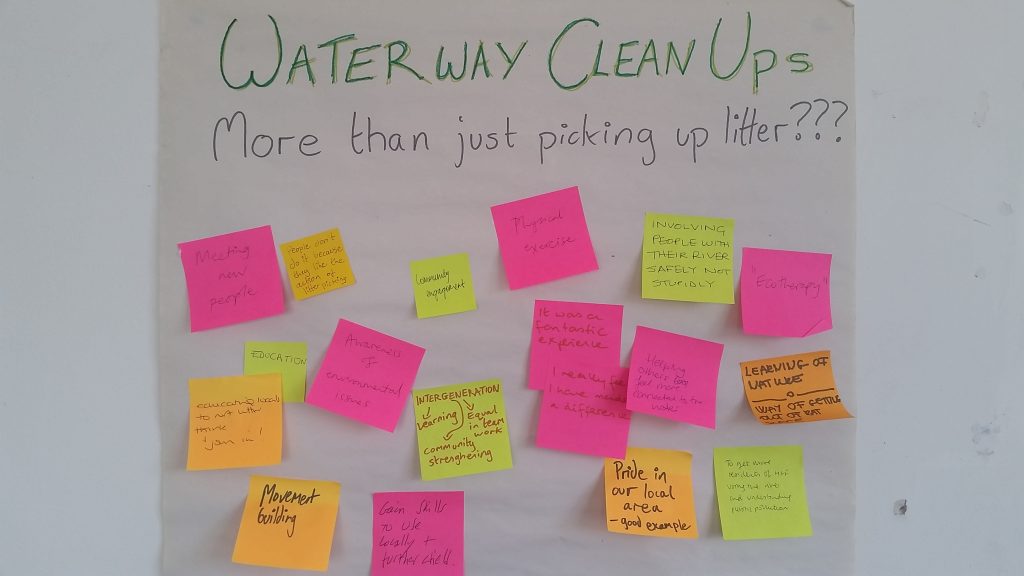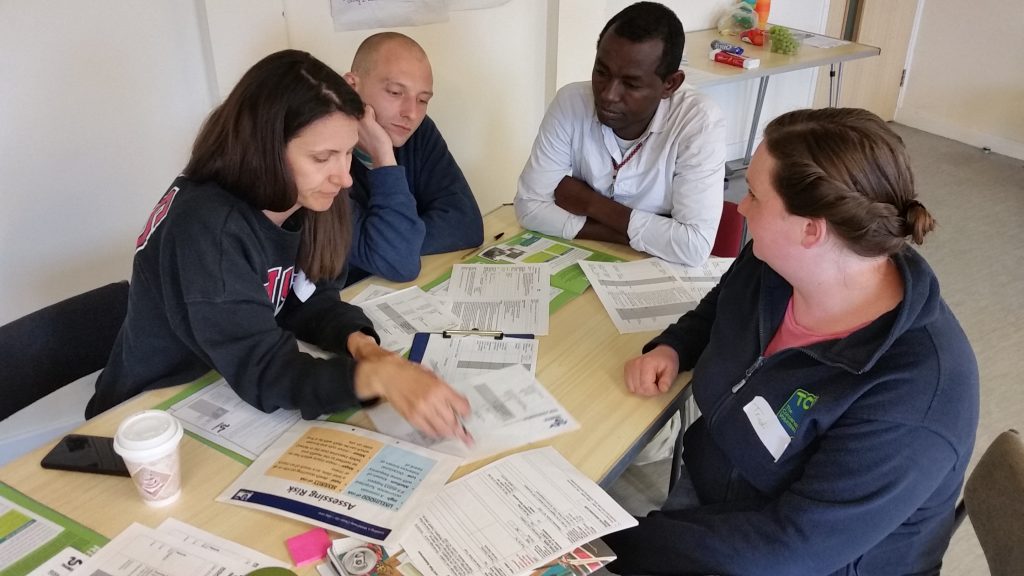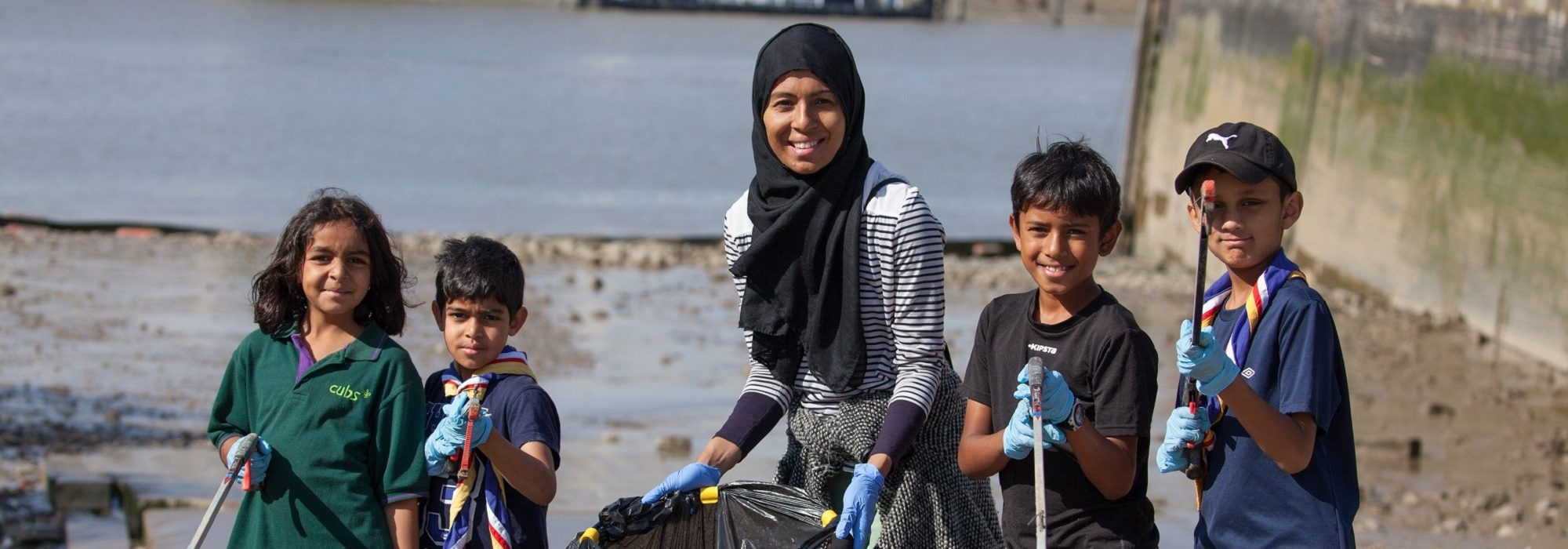River Clean-Ups: much more than picking up litter

As the destructive environmental effects of littering and plastic pollution become clear, people are increasingly taking constructive action. More than 17,000 clean-ups took place over the last month according to organiser Keep Britain Tidy, giving our rural and urban environment a Great British Spring Clean.
A growing number of these clean-ups are happening alongside and within rivers, and Thames21 has been delighted to support this growing national initiative. In the run up to the Great British Spring Clean, 11 river trusts from across the UK took our flagship ‘Leading a Waterway Clean Up’ course. This helped to ensure inclusive, educational waterway clean-ups took place up and down the country.
A CLEAN-UP IS NOT ONLY A CLEAN-UP
Clean-up events such as these can have far greater impact than removing a few sacks of litter from a pathway.
“No one does it because they enjoy the act of picking up other people’s litter, we do it because it is a hugely positive thing to take part in” ‘Leading a Waterway Clean Up’ trainee
Water connects both rural and urban environments, and is essential both in its natural and tamed form. Waterway litter picks help people appreciate and see their local surroundings in a new light, and conversations during clean-ups meander from the breeding season of birds, to the history of canal transport, to what we need to do to ban wet wipes.
On our training days, participants often mention other key benefits of clean-ups: protecting local wildlife, encouraging more people to visit rivers by making them look more attractive, and stopping pollution from reaching our oceans.
RIPPLE EFFECTS: WELLBEING AND LONG-TERM CHANGE
At a personal level, clean-ups are about spending time outdoors, feeling the satisfaction of creating visible improvements, and making new friends. It can also be a tool for long-term change: people are most receptive to learning when having a first-hand experience. If every participant can share something they’ve learnt, write to their MP or even bring their friends along next time, the impact can start to ripple out.

WHY TRAINING IS CRUCIAL
A successful waterway clean-up requires more than litter pickers and bin bags. It needs knowledgeable and enthusiastic event leaders, who in many cases are local volunteers.
Thames21’s accredited ‘Leading a Waterway Clean Up’ training course gives people the skills and confidence to plan and lead activities with friends, neighbours and local organisations, creating change within their communities. The course is open to all and welcomes people who have no prior experience in environmental issues, leading events or manual work.
Beyond picking litter, it ensures that trainees:
- understand what it requires to run a successful community event,
- have the skills to manage the risks involved in working around water and with waste
- have the confidence to lead a group and talk about litter and plastic pollution issues with members of the public
The course is accredited through national awarding organisation NCFE, which ensures the standards of the training are clearly defined, consistent and of high quality. It also means that certificated trainees are covered under Thames21’s public liability insurance for carrying out waterway clean-ups, as long as they submit health and safety paperwork.
CUMULATIVE IMPACT
Volunteers who complete our ‘Leading a Waterway Clean-up’ course can start their own, local clean-up groups, known as Badged Groups. We have 22 Badged Groups running events in and around London, from Slough in Berkshire to Grays in Essex. Each group works individually to tackle issues around their local waterway, and their cumulative impact on London’s rivers is enormous.

Anyone reading this article can be an advocate for waterways; even if you don’t take our training. If you want to do one powerful thing: tell people that rain water drains lead to the local waterway. A cigarette butt or sweet wrapper dropped on the road is much more likely to end up in the local river than collected by a street sweeper.
Keen to do more? Book up on Thames21’s Leading a Waterway Clean Up course
